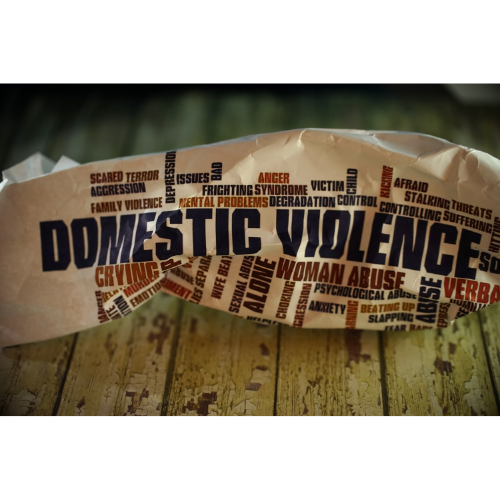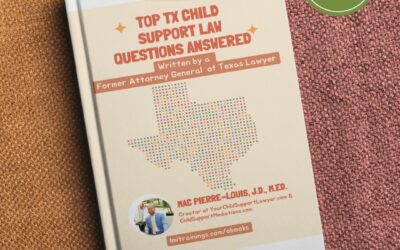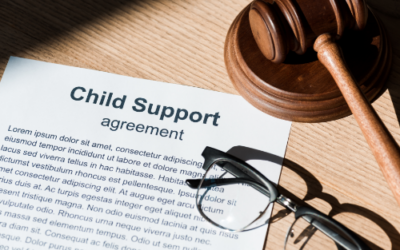THE INTERSECTION OF FAMILY VIOLENCE AND CHILD SUPPORT LAW
By now, everyone has heard and opined on the domestic violence controversy involving Ray Rice and his wife, Janay Palmer. If you’re unfamiliar with this story stemming from a February 2014 hotel elevator assault, step into a time machine and watch any US news show circa 9/1/2014 to 9/15/2014 to get caught up (or just Google it). The story raised a lot of questions on violence against women, domestic abuse, employer negligence, justice, and forgiveness. The story has used up its life in the news cycle. However, issues concerning the modern fact of domestic violence remain: there are still people living in abusive relationships; there are still abusers hoping their victims will remain quite; and there are still victims too fearful or too controlled to muster the strength to say no more. Since these issues remain, it is up to reasonable people to do all they can to help victims caught up in domestic violence relationships. No one should ever suffer from the hands of a partner the way Janay Palmer did in that elevator.




